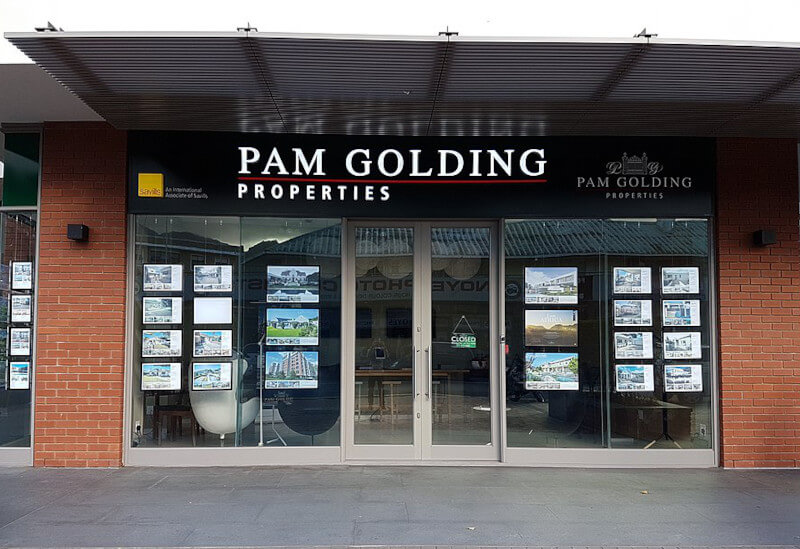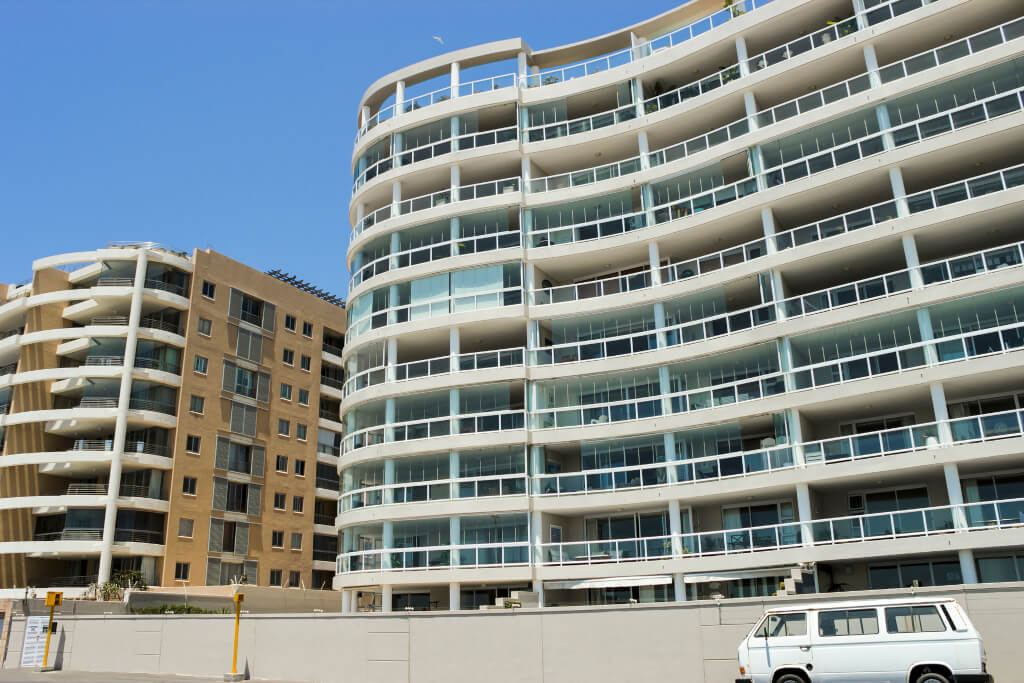South Africa’s property landscape is as diverse as its culture, a vibrant mix of tradition and innovation, opportunities and challenges. To decode this intricate narrative, I’m bringing you insights from some of the leading voices in the industry. From founding figures to CEOs of top property groups, let’s dive into their minds to understand where we stand and where we’re headed in South Africa’s property market.
Pam Golding: Pioneering the Independent Property Market
Pam Golding, founder of Pam Golding Properties, is a trailblazer. Her rich experience in building one of South Africa’s largest independent property trading companies provides invaluable insights. Pam credits her success to understanding the ‘micro-markets’ within South Africa – the unique character and potential of each suburb, township, or city district. She emphasizes the importance of affordability and locality in driving property investment and sees great potential in the country’s emerging urban areas.
The Dance of Micro-Markets and Affordability

Understanding the South African property market requires more than just a nationwide perspective. It’s necessary to grasp the distinctive geographical quirks presented by each local market. Referred to as ‘micro-markets’ by property expert Pam Golding, these are vibrant canvases of economic, socio-political, and cultural elements. These elements play out uniquely, shaping property values and growth opportunities. A thorough exploration of these regional specifics can lead to promising investment prospects.
Simultaneously, there’s an important shift transpiring – a move towards more affordable property options. According to Golding, this isn’t just a market trend, but a socially significant development given the persistent housing challenges in South Africa. The concept of ‘affordable housing’ teeters on the brink of causing societal change in the country. It also presents a compelling opportunity for investors. They find themselves in the company of banks and government schemes, all of which are introducing creative financing methods aimed at first-time buyers and lower-income groups. This makes property investment a more inclusive arena.
Then comes the saga of developing urban areas, a narrative punctuated by new development policies and a rising middle class. Golding highlights an intriguing subplot in this tale – the ‘township economy’ phenomenon. Formerly disadvantaged areas, often dismissed and forgotten, are now brimming with entrepreneurial enthusiasm. They are steadily morphing into possible commercial property investment hotspots. It’s such innovative dynamics and transformations that make the South African property market a distinct and hopeful landscape for investors when maneuvered with care.
Herschel Jawitz: Navigating the Buy VS. Rent Debate
As the CEO of Jawitz Properties, Herschel Jawitz is at the forefront of South Africa’s real estate scene. In our engaging chat, he stressed the importance of making informed choices in the buy-vs-rent debate. Factors like interest rates, property values, and personal financial health must be considered, he advises. Herschel also points out that despite recent uncertainties, the fundamentals of the South African property market remain strong, with plenty of opportunities for those ready to seize them.
Seeing the Bigger Picture in Property Investments
As Herschel Jawitz, I’m often asked about the secrets to successful property investment. In my experience, it’s about adopting a holistic viewpoint, one that extends beyond the scope of property values alone. Prospective property investors, I’d suggest, must factor in external determinants such as interest rates, personal finance, health, and even global events. It’s a comprehensive evaluation, but it’s a crucial one for making sound decisions in the property space.
Case in point, the recent COVID-19 pandemic swept across the globe and had deep ramifications for the property market. In South Africa, like elsewhere, we saw distinct effects across different property sectors. For instance, the rise of remote work cultures led to dwindling demand for commercial properties. In contrast, suburban residential properties experienced a boom, propelled by the increasing demand for larger living spaces. These trends underscore the significance of staying updated with world events and how they can impact the property landscape.
At the same time, I have an unshakeable faith in the fundamentals of the South African property market. Despite the uncertainties and economic fluctuations, there are underlying factors that stand resilient – factors like consistent population growth, rapid urbanization, and our country’s diversified economy. These can act as strong pillars, providing stability and potential growth for the property market in the long term. I share this optimism with potential investors who might be sitting on the fence, reminding them that in the real estate world, it’s not just about navigating the waves, but also recognizing the solidity of the ocean bed beneath.
Samuel Seeff: Betting on South Africa’s Digital Revolution

Seeff Properties has played a significant role in shaping the property landscape of South Africa, thanks to its chairman, Samuel Seeff. A firm believer in digital transformation, Samuel sees property technology as a game-changer. The potential for virtual property tours, AI-driven recommendations, and blockchain in real estate transactions are exciting developments that can redefine the South African property market, he believes.
Navigating the Digital Revolution in Real Estate
I’ve witnessed the evolution of the real estate industry first-hand. Among all the shifts and turns, one trend stands out to me – the rise of property technology, or ‘prop-tech’. It’s fascinating to see how digital platforms and artificial intelligence are reshaping the traditional contours of our industry.
With AI-powered recommendations, for instance, the property market has become more efficient than ever. Buyers are introduced to listings that align closely with their preferences, while sellers can tap into a targeted pool of potential buyers. It’s a digital revolution that’s transforming the real estate process from a chore into an intuitive, personalized experience.
That said, the rise of prop-tech isn’t confined to improving the buying and selling process. It’s also opened up exciting new investment avenues. From innovative prop-tech start-ups to AI tools capable of predicting market trends, the digital world has a lot to offer to the savvy investor ready to ride the wave of change.
But that’s not all. My years in the industry tell me that we are on the brink of another potential game-changer – blockchain technology. Blockchain could revolutionize our industry, ensuring secure and transparent transactions like never before. Of course, there are legal and regulatory challenges to navigate, but the potential benefits are undeniable. It’s a fascinating development that I believe any forward-thinking investor should keep an eye on. The future of real estate is digital, and it’s unfolding right in front of our eyes.
Berry Everitt: Pushing the Envelope for Sustainable Living

For Berry Everitt, CEO of the Chas Everitt International property group, sustainable living isn’t just a buzzword but a commitment. Chas Everitt is pushing the envelope in promoting green housing, reflecting a rising global trend. Berry believes that as South Africans become more eco-conscious, green housing will be a significant factor in property investment decisions, driving growth in this niche market.
Unearthing the Potential of Green Housing
The green housing trend, which is gaining momentum globally, has captured his attention. It’s not just about being eco-friendly; it’s about meeting the growing demand for sustainable homes from an increasingly environmentally conscious public.
This change in public sentiment is not happening in isolation. It’s encouraged by government initiatives aimed at promoting sustainable living and bolstered by worldwide sustainability movements. Such external stimuli are contributing to making green housing a potentially lucrative niche for property investors.
The potential returns on green properties are not to be ignored. With the world pivoting towards energy efficiency and sustainable design, such properties may command premium prices shortly. It would be interesting to compare the value trajectories of traditional versus green properties to ascertain the full potential of this market.
Everitt’s stance on green housing also throws light on the broader ecosystem shaping this trend. Architects and developers play a critical role in bringing sustainable designs to life, while governments set the policy framework to encourage such development. Understanding these dynamics could be key to comprehending the future trajectory of South Africa’s property landscape.
Andrew Golding: Shaping the Future with Proptech

Following his mother Pam’s footsteps, Andrew Golding, the current CEO of Pam Golding Property Group, brings a fresh perspective. He’s excited about the burgeoning proptech scene in South Africa. To him, embracing these technologies is key to navigating market fluctuations and improving customer service. He encourages property investors to stay abreast of these innovations, which are rapidly transforming the way we buy, sell, and manage properties.
Riding the Proptech Wave
Golding, much like his industry peer Seeff, acknowledges the transformative role of technology in the property market, affirming the broad consensus around proptech. He points out the use of virtual tours and drones, exemplifying how innovative tech solutions can redefine traditional property viewing experiences. These tech-driven solutions not only facilitate a more immersive viewing experience but also conserve valuable time and resources for all parties involved.
Golding also appreciates the indispensable role of big data in modern real estate. With an increasing emphasis on data-driven decision-making, investors can leverage big data to track profitable trends and anticipate future market dynamics. This approach could be an invaluable tool for navigating the ever-fluctuating property market.
Considering the many benefits of prop-tech, Golding believes in its potential to further streamline property transactions and enhance customer experiences. As technology continues to evolve, emerging developments such as virtual reality (VR), augmented reality (AR), and blockchain could drastically revolutionize how property is viewed and transactions are carried out. This makes protection an area of keen interest for both existing and aspiring property investors.
Jason Rohde: Captivating the Luxury Property Market
Navigating the luxury property market requires a unique set of skills and insights, something Jason Rohde, former CEO of Sotheby’s International Realty Southern Africa, knows well. He sees South Africa as a compelling destination for luxury property, thanks to its stunning landscapes, sophisticated infrastructure, and attractive prices. Jason encourages investors to look at South Africa’s luxury property market as an underexplored gem, promising both lifestyle benefits and robust returns.
Decoding the Luxury Property Segment

Rohde sheds light on the enticing world of luxury property investment in South Africa. He believes that South Africa’s breathtaking landscapes and advanced infrastructure make for an appealing combination for local and international high-net-worth individuals (HNWIs) eyeing luxury properties.
When Rohde uses the term ‘robust returns’, he is highlighting the potential financial rewards associated with luxury properties. These properties often yield higher returns and show remarkable resilience to the market volatilities that usually affect properties at the lower end of the spectrum. However, this segment also demands a substantial upfront investment, so potential investors need to weigh the associated risks and rewards carefully.
Furthermore, Rohde’s description of South Africa as a ‘favored destination’ for luxury properties hints at a broader narrative. This preference might be underpinned by a variety of factors, including a favorable exchange rate, high living standards, and robust tourism prospects. These factors could be instrumental in shaping South Africa’s luxury property market, making it a worthwhile area for in-depth exploration and investment consideration.




